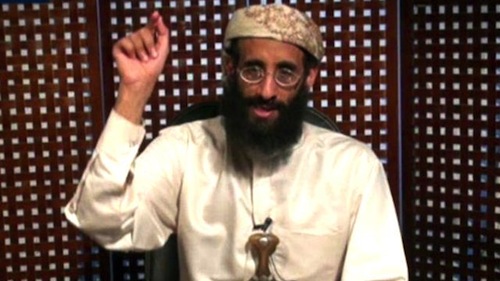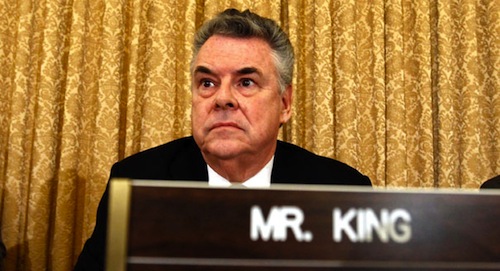Yesterday, NBC news released a white paper composed by White House lawyers explaining why it is okay to kill US citizens connected to Al Qaeda in foreign countries. You can read the full memo here, where you are at zero risk of forgetting who broke the story. According to the Times, this white paper describes another, more specific brief that I can only assume is even more tedious. The occasion for all this airtight legal reasoning rationalizing was the 2011 killing of Anwar Al-Awlaki, a US citizen and general douchebag in Yemen, in a drone strike that also incinerated his 16 year-old son. Apparently they were guilty.
Category Archives: terror
Department of False Friends: Pakistan
Remember when Pakistan was like, “Bro, we have no idea where Osama Bin Laden is. That guy’s a dick!” and then it turned out he was in Pakistani Arlington, Virginia? And remember when we shot him in the eye and dumped his body in the ocean, and Pakistan was like “that’s what we wanted to do! But it is absolutely unacceptable that you came into our house.” Far be it from me to criticize a military junta while it makes the delicate transition to theocracy, but I worry that Pakistan might not be our real friend. Evidence: This morning, a tribal court in Khyber convicted Shakil Afridi—the Pakistani doctor who helped the CIA locate Bin Laden—of high treason, sentencing him to 33 years in prison.
Oh good, we’re doing this
Despite continued objections that it is not nineteen goddamn fifty-five, Rep. Peter King (R–NY) convened Congressional hearings today on the “radicalization of Muslim Americans.” King is the ranking member of the Homeland Security Committee, which is why he considers it his obligation to respond to “repeated and urgent warnings which the Obama administration has been making in recent months.” Of course, the White House has been making those warnings about radicalization of libertarian separatists, white supremacists and other ultra right-wing groups, but we all know what religion terrorists are. “I remain convinced that these hearings must go forward, and they will,” King told Politico. “To back down would be a craven surrender to political correctness and an abdication of what I believe to be the main responsibility of this committee to protect America from a terrorist attack.” Ah, yes—political correctness is why you don’t launch a congressional inquiry into whether Americans of a particular religion are doing enough to fight terrorism. At least we’re not being craven.
Town hall meetings and The Crank Factor

A person who would clearly not benefit from any sort of government-subsidized service.
I’m lucky—I was one of the two hundred fifty million-or-so Americans who had health insurance for the last few years. My employer gave me full coverage through Aetna, which was a good thing because I broke my right hand in March of 2007, then dislocated my shoulder six months later. Thanks to my comprehensive, private health care insurance, I only had to spend $14,700 on doctor bills that year. Initially it was about forty-five thousand dollars more, but after I filed my third appeal Aetna paid right away. It was really good timing, actually, because the New York State Insurance Board was scheduled to rule on my case the next day, and you know what the line at a government office is like.
So I can understand why people would be against health insurance reform. Sure, the system we have now is demonstrably predatory, has simultaneously increased public costs and private profits, and ranks behind Morocco’s but just ahead of Slovenia’s. But a government-subsidized alternative might be, you know, worse. Can you prove that it wouldn’t? Such is the reasoning of the opponents of health insurance reform, who have switched in recent weeks from arguing over proposed solutions to arguing against solutions in general. The result is a series of baffling photographs like the one above, as—for what I’m pretty sure is the first time in history—Americans rise up to demand that government not provide them with services.



